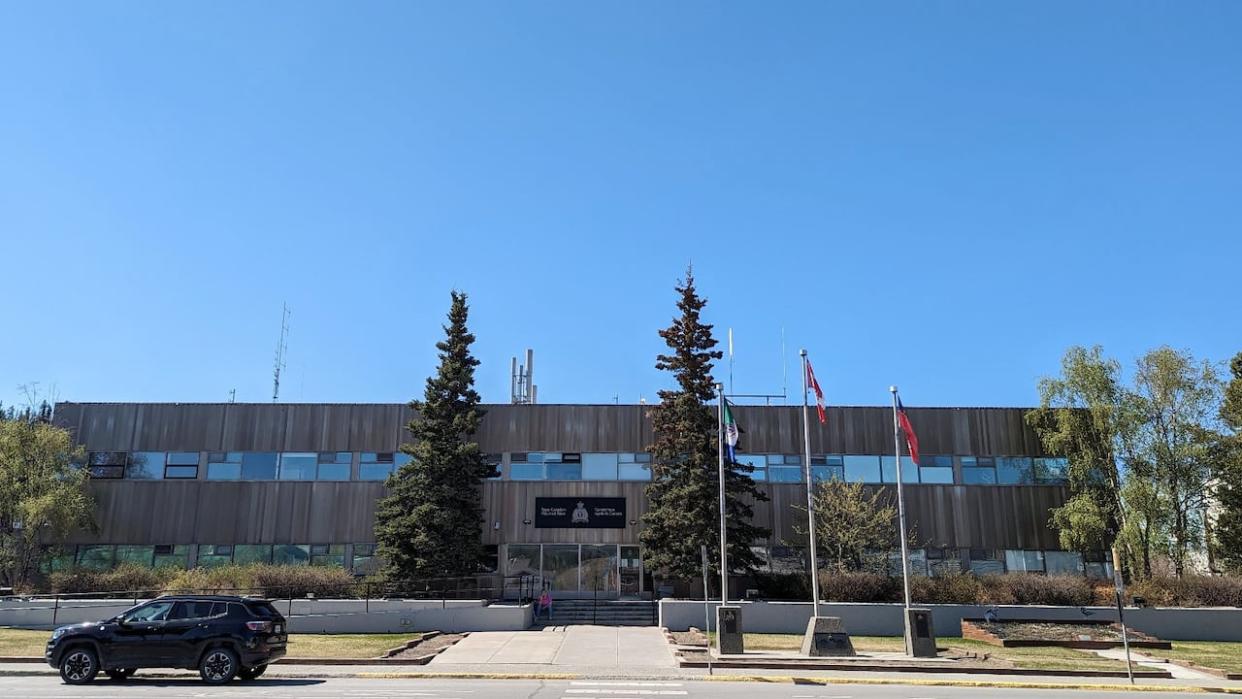Whitehorse RCMP part of pilot project to collect race-based data

Whitehorse will become one of the first cities in Canada where the RCMP will collect data specific to Indigenous and other racialized people.
In an email, RCMP Sgt. Kim Chamberland said sites were chosen based on factors including racial diversity, local anti-racism initiatives and the potential for race-based data collection to improve community safety.
K Division in Wood Buffalo (Fort McMurray), Alberta, and D Division in Thompson, Manitoba, are also participating in the project, while locations in British Columbia will join later in the year.
Chamberland said the project is meant to "explore how self-identification could be accomplished in a meaningful, and culturally and psychologically safe way. Indigenous data governance, interests and needs [are] in the forefront as the RCMP continues to work toward reconciliation."
Ray Sydney, a councillor with the Kwanlin Dün First Nation and a veteran RCMP officer, said the First Nation has met with the data collection committee and will again before active data collection starts in March.
"My hope for this data collection is that is going to take place here in Whitehorse is that the data will show where the improvements of policing can go to a new level," Sydney said.
He hopes that the data will help to clarify the nature of the relationship between RCMP officers and members of his community.
"We hear a lot of things, but it's not substantiated," said Sydney. "But if we have good data, it'll show on paper where their improvements can be made."
Whitehorse lawyer Vincent Larochelle said the data could prove useful when the RCMP is involved in discrimination cases.
"Those types of claims always run into the difficulty of proving that conduct or laws or policies affect them disproportionately because there is no data," said Larochelle.
He said that in one such case, he argued that the failure to collect this kind of data was a form of discrimination in and of itself.
Larochelle said that while he feels this project demonstrates an acknowledgement that systemic racism exists within the organisation, transparency is critical.
"If the data is really damning, maybe the RCMP is going to want to put the brakes on releasing it," said Larochelle. "Who's going to get access to that data is important."


